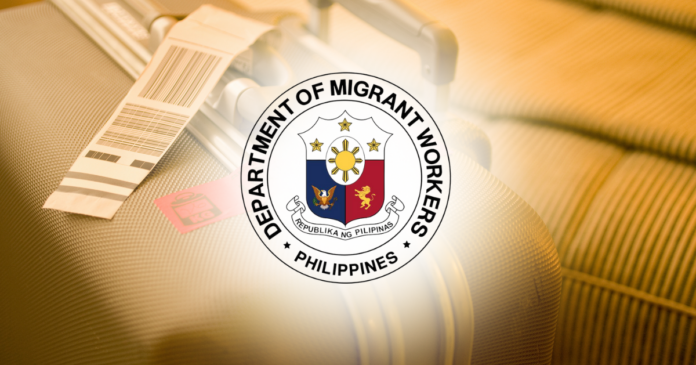These domestic changes reflect a broader commitment to supporting the Filipino diaspora while navigating the challenges of the global labor market.
In 2024, the Philippine government implemented several key policies and initiatives aimed at addressing the needs of Overseas Filipino Workers (OFWs), shaping their experiences from deployment to reintegration. These domestic changes reflect a broader commitment to supporting the Filipino diaspora while navigating the challenges of the global labor market.
One of the most significant measures was the expansion of the Department of Migrant Workers (DMW). The agency streamlined its services to improve the processing of contracts, deployment, and repatriation efforts. In partnership with the Overseas Workers Welfare Administration (OWWA), the DMW launched more accessible programs for pre-deployment orientation, health insurance, and legal assistance.
Education and training took center stage with programs like the Education Development Scholarship Program (EDSP) and the Congressional Migrant Workers Scholarship Program (CMWSP). These initiatives provided scholarships to active OFWs and their dependents.
The Employment Permit System (EPS) Pilot Project, a collaboration between the DMW and South Korea’s Ministry of Employment and Labor (MOEL), opened new opportunities for Filipino workers. This initiative streamlined the hiring process for Filipinos in Korea.
The government also addressed the needs of undocumented Filipinos in countries like Kuwait, where a visa amnesty program allowed OFWs with expired visas to regularize their stay or leave without penalties.
In terms of protection, the government enacted stricter measures to combat illegal recruitment and human trafficking. Through intensified monitoring and inter-agency coordination, several illegal recruiters were apprehended, safeguarding aspiring OFWs from exploitation.
Additionally, the government expanded the deployment ban to high-risk countries experiencing political unrest, emphasizing worker safety.
Services designed to protect and promote the welfare of OFWs and their dependents remained a priority. Programs such as social benefits, education and training assistance, workers’ welfare assistance, and family welfare services addressed the needs of OFWs throughout the migration cycle, from pre-departure to onsite employment and, eventually, return and reintegration.
Special projects like the “Balik Pinas, Balik Hanapbuhay” initiative provided livelihood grants to returning workers, enabling them to start small businesses or invest in skills training.
At home, the government strengthened its community-based support networks for OFW families. These networks provided psychosocial services, financial management training, and educational support, addressing the social impact of migration on families left behind.
Diplomatic efforts also secured agreements with host countries like Canada and Australia, ensuring better labor protections and faster resolution of disputes involving Filipino workers.



